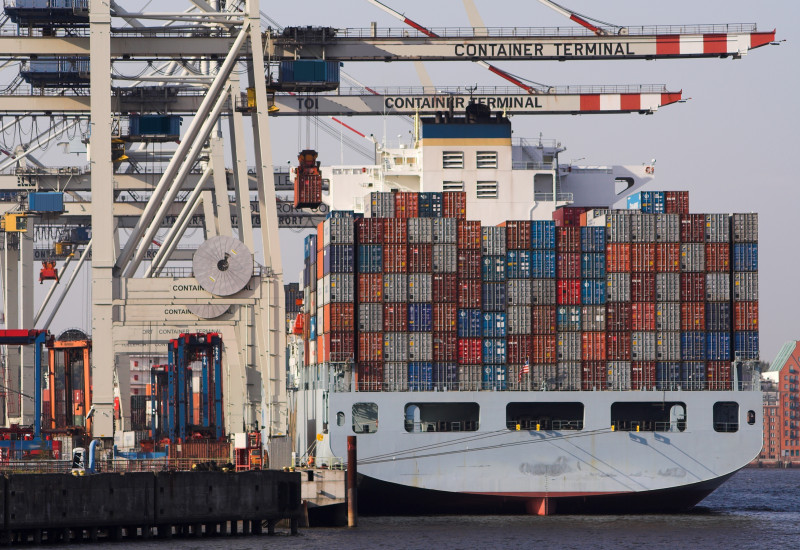How can businesses ensure protection of the environment and human rights in their global supply chains? How can the state support them in this and what guidelines are necessary? A recent study commissioned by the German Environment Agency (UBA) has the answers to these questions. read more










